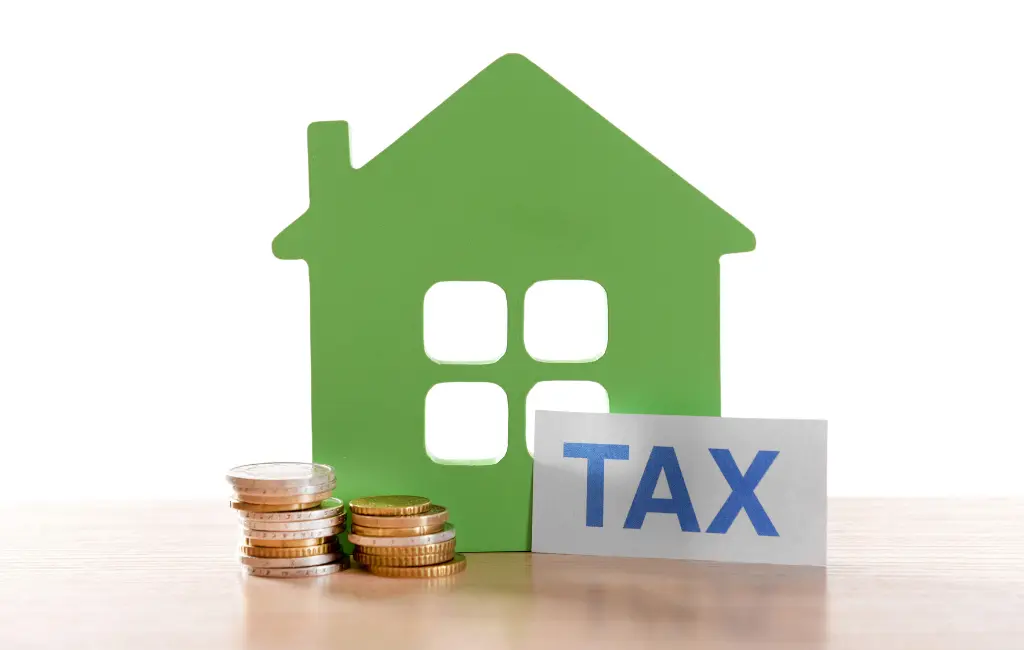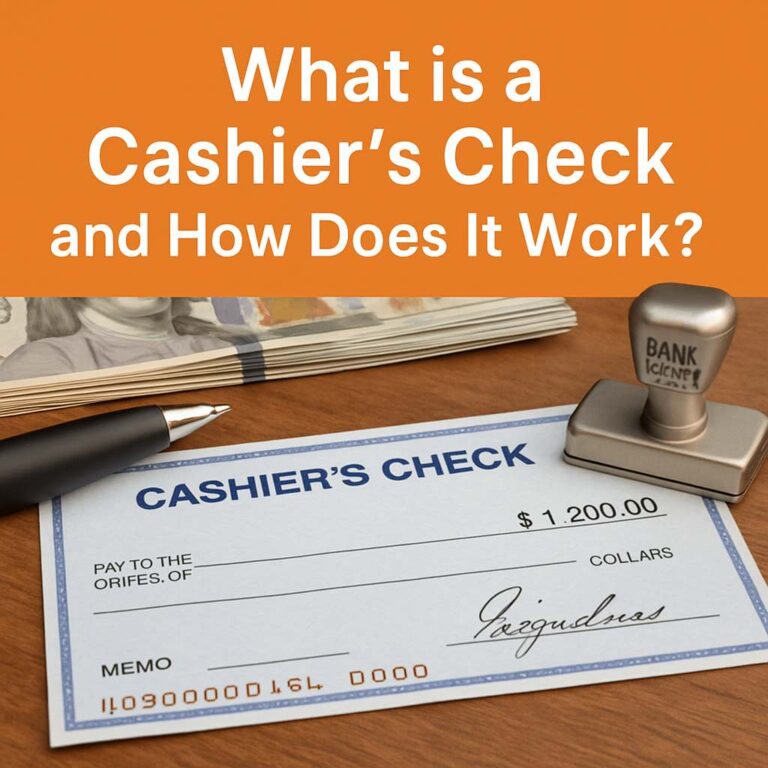Owning property in California comes with many financial responsibilities, including property taxes. A common question among homeowners is: Are property taxes deductible? Understanding the rules around property tax deductions in California can help you manage your finances and reduce your taxable income.
Taxes can be complicated. Many people turn to tax experts to help them file correctly and avoid penalties. Everyone wants to increase their deductions and pay less to the government. However, whether this is a good idea depends on your specific tax situation.
In this blog, we will explore whether property taxes in California are deductible and how you can take advantage of these deductions. By the end, you’ll clearly understand the benefits and limitations of property tax deductions, helping you make informed tax decisions.
Are Property Taxes Deductible?
Yes, property taxes are deductible, but with limitations. In California, you can deduct your property taxes from your federal income tax, subject to a cap of $10,000 for state and local taxes, including property taxes.

In most cases, you can potentially deduct property taxes for the following properties. For more details, please refer to IRS publication 530.
- Primary home
- Co-op apartment
- Leisure homes
- Cars, Boats, RVs, and other vehicles
- Land
- Property outside the US
Deducting California Property Taxes from Federal Income Tax
The $10,000 cap on property tax deductions was introduced as part of the Tax Cuts and Jobs Act of 2017. This cap includes all state and local taxes (SALT), such as take-home pay, sales, and property taxes. Before this act, there was no limit to the amount of property tax one could deduct.
As of 2021, property owners can deduct up to $10,000 of their tangible property tax in California from their total (federal) taxable income if they file as single or married filing jointly. This limit includes state and local property taxes. For those who are married but filing separately, the cap is lower. Each spouse can deduct up to $5,000, totaling $10,000 for the couple.
Any property taxes paid beyond these limits cannot be included in your California standard deduction. For example, if you paid $12,000 in property taxes, you can only deduct $10,000. The remaining $2,000 cannot be used to maximize your California after tax income. This cap was introduced by the Tax Cuts and Jobs Act of 2017.
Understanding this limit is essential for tax planning. It ensures you are prepared for how much your property tax payments will impact your federal tax return. It’s also important to keep accurate property tax payment records. This will help you when it comes time to file your taxes.
Deductions play a crucial role in reducing your taxable income. For instance, if an individual earns $150,000 in taxable income and utilizes the $10,000 property tax deduction, they will only need to pay taxes on $140,000 of income. This reduction can lead to significant tax savings. It lowers the amount of income subject to federal income tax rates.
Deductions can also affect your eligibility for other tax credits and deductions by reducing your taxable income. Lowering your taxable income might qualify you for benefits that phase out at higher income levels. This can compound your tax savings, making deductions a powerful tool in tax planning.
Therefore, it’s important to understand all the deductions you qualify for. This includes property tax deductions and others like mortgage interest and charitable contributions. Knowing these can help you maximize your tax benefits and reduce your overall tax liability.
Various deductions can help lower your taxable income, ultimately reducing the amount you owe to the government. Some common deductions include mortgage interest, medical expenses, and charitable donations. Each of these can contribute to reducing your taxable income.
Limits on Deducting Property Taxes
The concept of property tax deductions has evolved over time. Historically, homeowners could deduct all of their property taxes. However, the Tax Cuts and Jobs Act changed this significantly by introducing the $10,000 cap when you calculate income tax in California. So, are property taxes deductible under these new rules? If you’re a California homeowner, this is a big deal because now there’s a limit to how much you can deduct.
As mentioned earlier, a single individual or a married couple filing jointly can only claim up to $10,000 in property tax deductions. For married individuals filing separately, the limit is $5,000 each. This means a household can still claim a total of $10,000 if both spouses file separately and each claims $5,000. Any property taxes paid over this limit cannot be deducted.

This cap applies to all state and local taxes, which means that if your combined property, state, and local income taxes exceed $10,000, you can only deduct up to that amount. This $10,000 cap on tangible property tax deductions is a relatively recent change. Before that, there was no cap, and homeowners could deduct all their property taxes. For those who paid high property taxes, it was a substantial benefit.
In 2017, the Tax Cuts and Jobs Act introduced this cap, which was signed into law by former President Donald Trump. Now, taxpayers must follow this $10,000 limit. If you were used to claiming unlimited deductions, your tax situation might be quite different now. It’s essential to consult with a tax professional to understand these changes and how they affect you.
You must itemize your deductions to deduct property taxes on your federal income tax. Taxpayers can choose between the standard deduction and itemized deductions. Most choose the option that gives them a larger deduction. This standard deduction is available to everyone, regardless of their specific expenses. Itemized deductions vary based on individual circumstances and eligible expenses.
Deciding Between Standard and Itemized Deductions
When filing your federal income taxes, you can either take the standard deduction or itemize your deductions. The standard deduction is a fixed amount that reduces your taxable income, and it is available to all taxpayers without the need for specific expenses. On the other hand, itemized deductions require you to list eligible expenses, which can vary based on your personal financial situation.
Itemizing deductions is often beneficial for those with significant deductible expenses. This includes business owners who can deduct certain operational costs and homeowners with high property taxes and mortgage interest. If you’re unsure which option is best for you, consulting a tax professional is a good idea.
In 2024, the standard deduction is set at $14,600. If you choose the standard deduction, this amount will automatically be subtracted from your taxable income. This option is usually more advantageous for individuals with straightforward financial situations, such as those with regular salaried jobs. However, your total deductions must exceed $14,600 to benefit from itemizing. For instance, if you want your property tax deductions beneficial, you need additional deductions totaling at least $4,600.
Ultimately, deducting property taxes and other expenses is only useful if your itemized deductions exceed the standard deduction. Assessing your financial situation and seeking advice from a tax professional can help you decide whether to itemize or take the standard deduction.
Practical Tips for Taxpayers
While the $10,000 cap on state and local (California) tax deductions limits some homeowners, there are strategies to help maximize your tax benefits to answer the question: Are Property Taxes Deductible?
Timing of Your Deductions Properly
One effective strategy is to time your deductions. This involves deferring or accelerating certain costs to optimize your tax savings. For instance, you could pay property taxes at the beginning of the year when your income or tax rates are lower. Doing so can maximize your deductions off payable tax in a single year.
Bundling with Charitable Contributions
Donating to charity can add these to your property tax deductions to increase your tax benefits. Donating assets (appreciated) like real estate or stocks can offer additional advantages in overall yearly tax.

These contributions can be added to your itemized deductions, potentially pushing you over the standard deduction threshold.
Home Sales Timing
The timing of selling your home can also affect your property tax deductions. Selling your home in a year when your income or tax rates are lower can help you maximize your deductions before hitting the $10,000 cap. Planning the sale strategically can provide significant tax benefits.
Home Equity Utilization
If you have significant home equity as a homeowner, you can leverage it for tax advantage. For example, using lines of credit for home improvements (or investments) or home equity loans can be beneficial.
The interest on these loans may be deductible if used for qualifying purposes, subject to certain conditions. This strategy can help you make the most of your home equity while also providing potential tax deductions.

Conclusion
Are property taxes deductible in California? Understanding whether property taxes are deductible in California and how the $10,000 cap affects you is crucial for effective tax planning. While the Tax Cuts and Jobs Act introduced significant changes, careful planning, and informed decisions can help you maximize your deductions.
Whether you choose the standard deduction or itemize, keeping accurate records and staying informed about tax laws will ensure you make the most of your property tax deductions.
Remember, property tax deductions can significantly impact your California after-tax income, so understanding the rules and planning is essential. By following these guidelines and consulting with a tax professional, you can navigate the complexities of property tax deductions and optimize your tax return.








